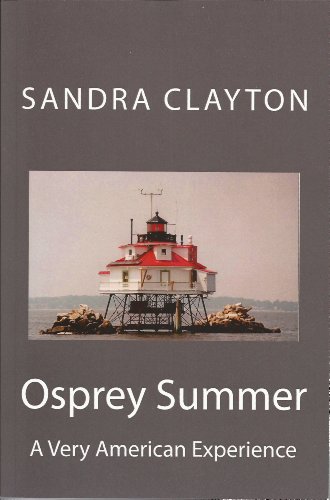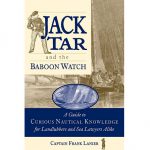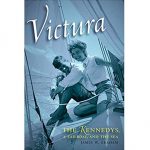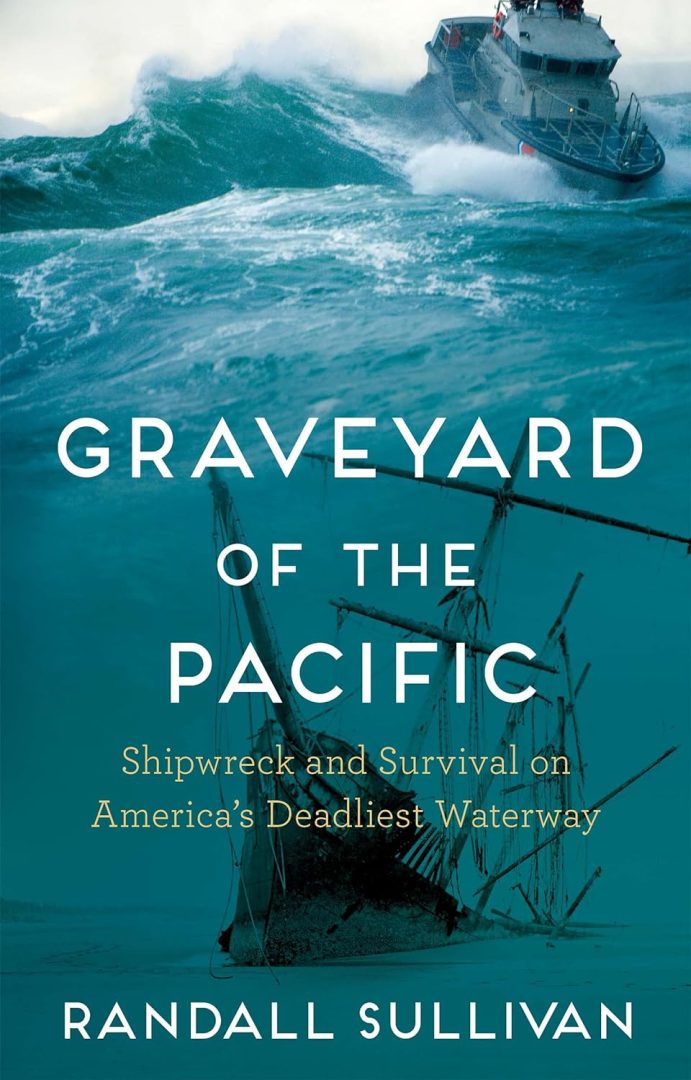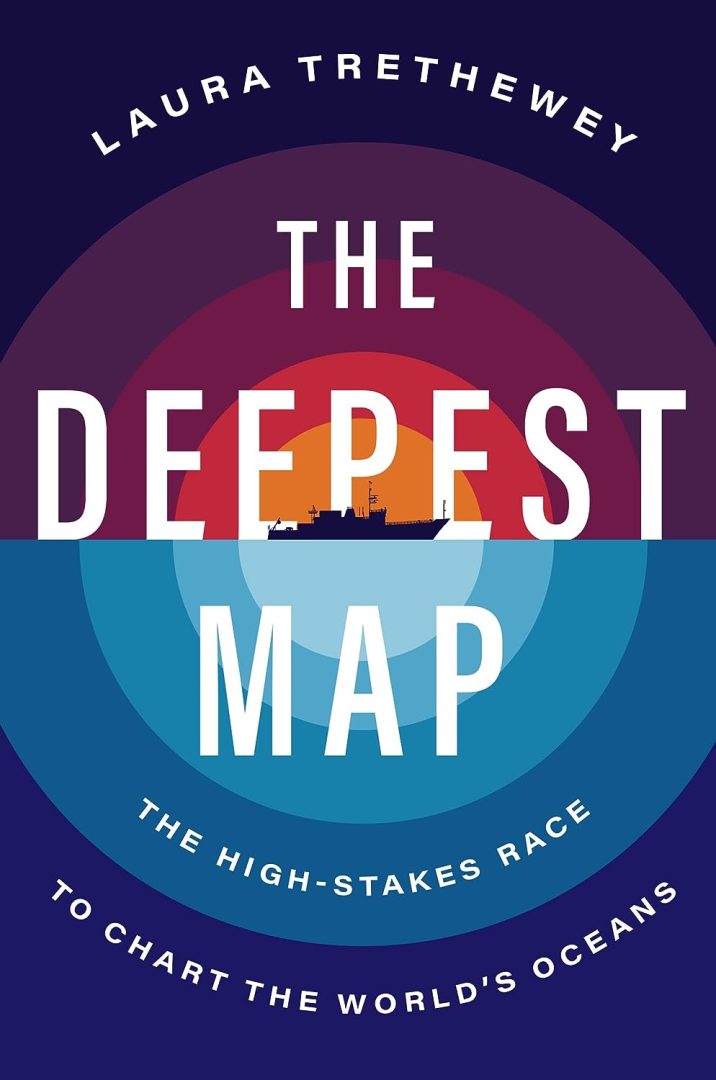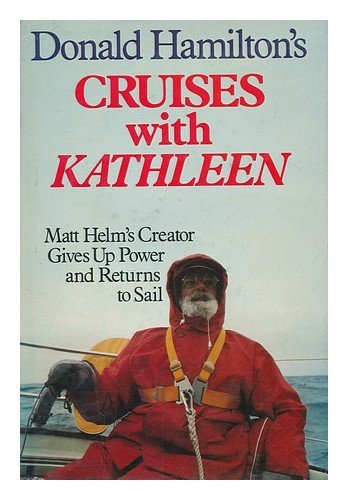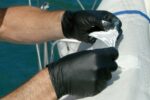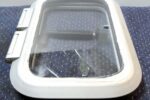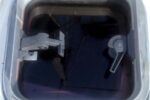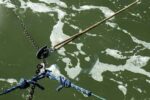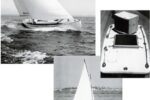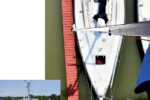![Osprey Summer: A Very American Experience (Voyager Book 4) by [Clayton, Sandra]](https://images-na.ssl-images-amazon.com/images/I/41BLlsJGiNL.jpg) by SANDRA CLAYTON (SANDRA CLAYTON, 2014; 244 PAGES, $13.95PAPERBACK, $4.99 DIGITAL)
by SANDRA CLAYTON (SANDRA CLAYTON, 2014; 244 PAGES, $13.95PAPERBACK, $4.99 DIGITAL)
REVIEW BY SUSAN LYNN KINGSBURY
Number four in Sandra Clayton’s Voyageur Series, Osprey Summer reads like a logbook and chronicles Sandra’s and her husband’s journey along the United States Atlantic Coast. Her account is intricately detailed and there are chapters for each of the states explored, beginning with Florida, Georgia, and South Carolina and heading north to Connecticut, Rhode Island, Massachusetts, and everything in between. Readers will find maps of the East Coast areas cruised, and a glossary of sailing terms is also conveniently included.
Aboard Voyager, a 40-foot cutter-rigged catamaran, the Claytons embark on a new sailing experience. This time, they are not making ocean passages or visiting tropical islands. They are exploring the East Coast of America, not just from the Atlantic Ocean, but via waterways that include rivers, canals, and swamps. Sandra’s British perspective allows readers to see America through a different prism, that of a pure tourist. She includes the history of the places visited and describes the people, environment, and landscape in a way that make readers feel they are right there with her.
Sandra’s first impressions of Fort Lauderdale are that everything is big — the buildings, boats, everything. A motor yacht moored behind their boat is so big that the sun is blocked until noon. The megayachts’ owners pay to have their huge ships cleaned from top to bottom daily — then stay in the hotel and only go aboard to use their Jacuzzis! They are overwhelmed by the wealth and choices (even in the supermarkets).
One of the highlights of their trip was watching from the deck of Voyager as an unmanned Delta rocket was launched, sending a satellite into orbit: “The launch goes off . . . There is a huge yellow glow on the bank opposite . . . the rocket roars up towards the stars . . . its great boom arrives, blazing pieces fall back to earth, and a new satellite soars into orbit. The effect, as Americans would say, is awesome.”
In Georgia, they are nearly eaten alive by bugs so small they are called “no-see-ums” and enjoy bird watching as the landscape puts visions of Huckleberry Finn in their heads. But the experience she called “a little surreal” was when they had to slow down for a submarine to pass in front of them.
From being visited by dolphins to seeing their first manatee and nesting ospreys (an endangered species in the British Isles) to being bit by the greenfly of the swamp, coming through torrential rainstorms, and then witnessing “ethereal” beauty — their journey is full of new experiences.
In closing, Sandra rates their voyage as one of “our happiest sailing experiences ever” and she comes away with a great respect for the American people, writing, “Total strangers have gone beyond . . . polite greetings. They have taken us home to dinner, put us on the right bus, given us lifts, lent us their car . . . and offered us the use of their clothes dryer . . . in short, made us feel immensely welcome and very safe.”
